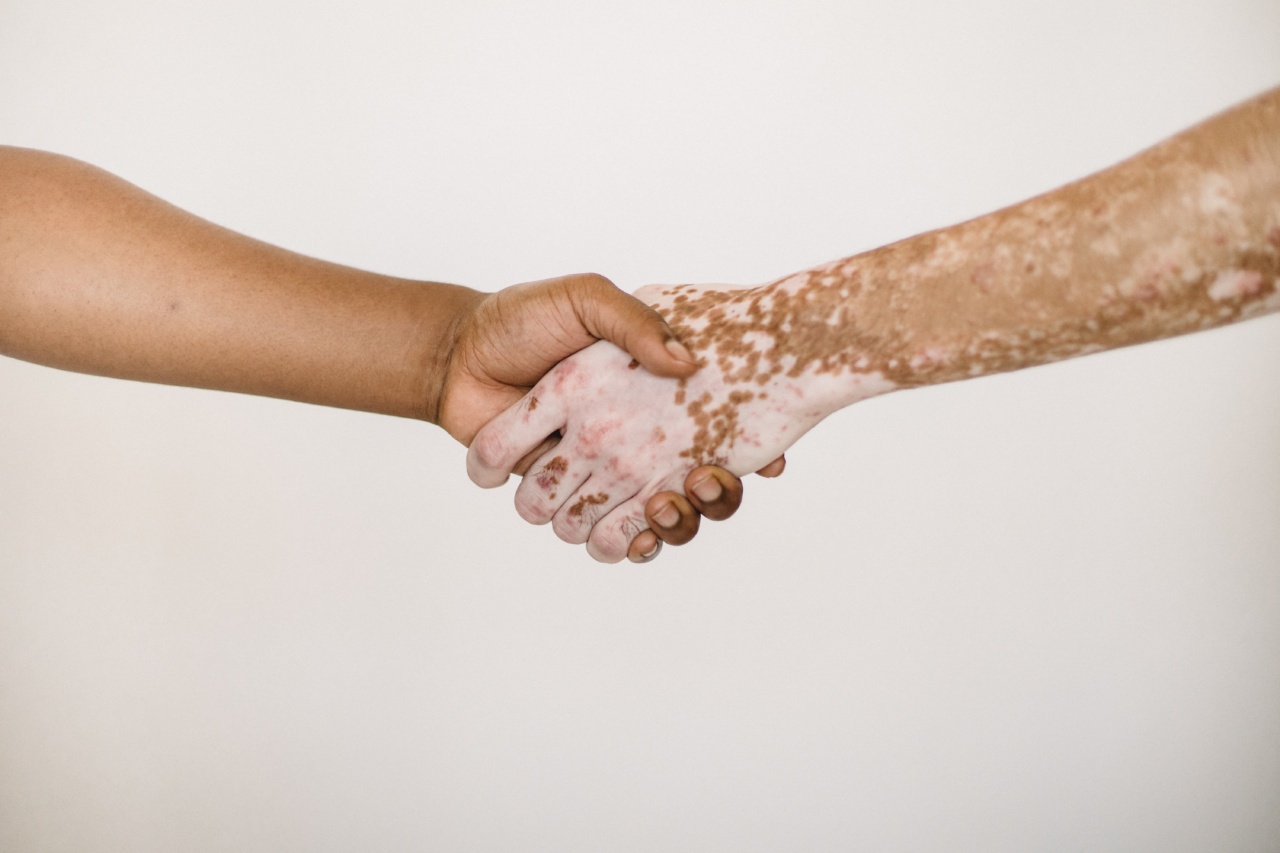Psoriasis is a chronic autoimmune skin condition that affects more than 125 million people worldwide. Despite its prevalence, there are many myths and misconceptions about psoriasis.
In this article, we’ll take a closer look at seven common myths about psoriasis and set the record straight.
Myth #1: Psoriasis is contagious
Psoriasis is not contagious. It is a genetic condition that occurs when the immune system sends faulty signals that cause the skin cells to grow too quickly.
While the exact cause of psoriasis is still unknown, researchers believe that a combination of genetic and environmental factors may play a role.
Myth #2: Psoriasis is just a skin condition
Psoriasis is more than just a skin condition. It is a chronic disease that affects the immune system.
In addition to causing raised, red, scaly patches on the skin, psoriasis can also affect the joints, leading to a form of arthritis known as psoriatic arthritis. People with psoriasis have an increased risk of developing other conditions, such as cardiovascular disease, diabetes, and depression.
Myth #3: Psoriasis is caused by poor hygiene
Psoriasis has nothing to do with poor hygiene. It is a genetic condition that is not caused by dirt or bacteria. In fact, excessive washing or scrubbing of the affected areas can actually make psoriasis worse by irritating the skin.
Myth #4: Psoriasis only affects older people
Psoriasis can affect anyone, regardless of age. While the condition often first appears between the ages of 15 and 35, it can develop at any age, from infancy to old age. Children can also develop psoriasis.
Myth #5: Psoriasis is just a cosmetic issue
Psoriasis is not just a cosmetic issue and should not be dismissed as such. The condition can be highly visible and can cause embarrassment and self-consciousness.
However, the physical and emotional impact of psoriasis can be far-reaching, affecting everything from relationships to employment opportunities. It is important for people with psoriasis to seek treatment and support.
Myth #6: Psoriasis can be cured
There is currently no cure for psoriasis. However, there are many treatment options available that can help manage the symptoms and improve quality of life. These include topical treatments, light therapy, systemic medications, and biologic agents.
It is important for people with psoriasis to work with their healthcare provider to find the best treatment plan for their individual needs.
Myth #7: Psoriasis is not a big deal
Psoriasis is a big deal and can have a significant impact on a person’s quality of life. Living with psoriasis can be physically and emotionally challenging, and it can affect a person’s self-esteem, relationships, and mental health.
It is important for people with psoriasis to seek treatment and support to manage their condition effectively and improve their overall well-being.































